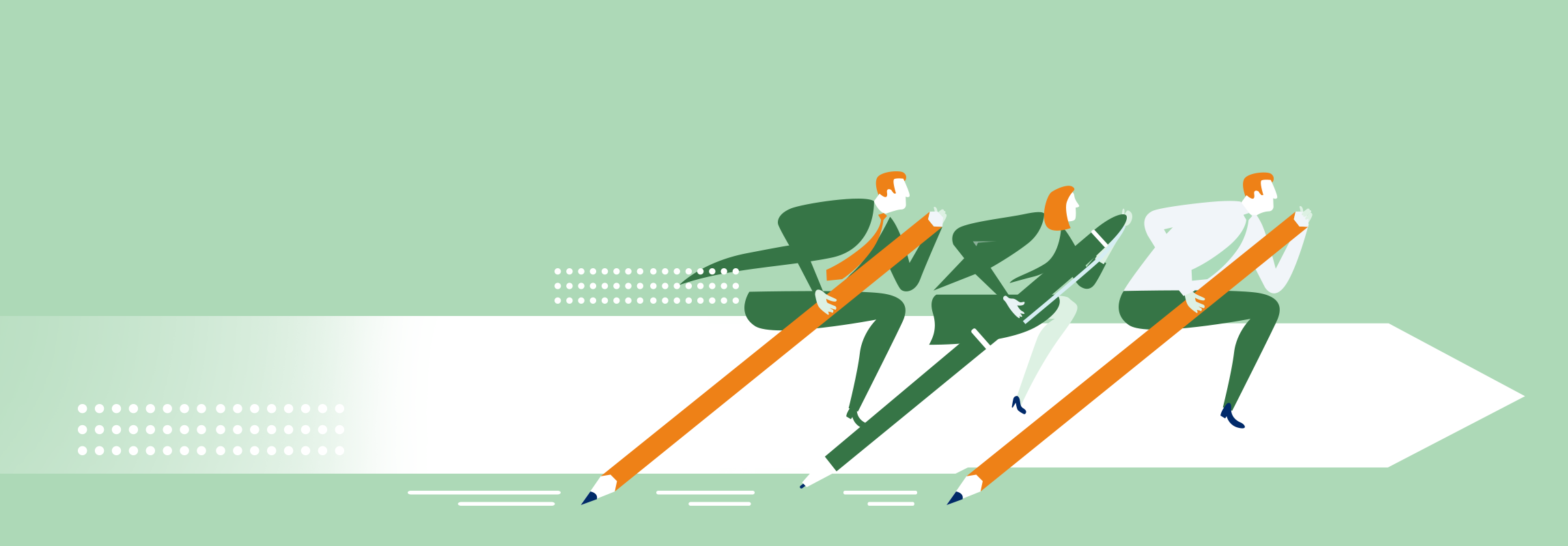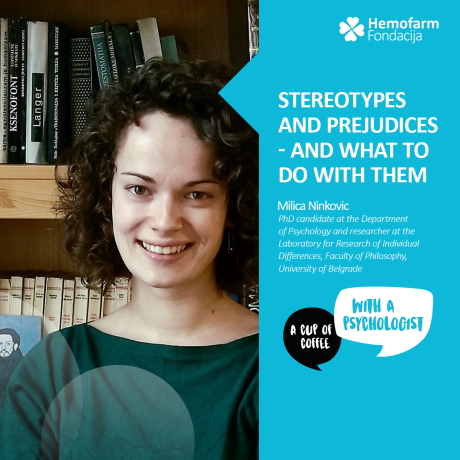
02/11/2021
Stereotypes and prejudice are not inborn. We can correct our behaviour.
Milica Ninković
PhD candidate at the Department of Psychology and researcher at the Laboratory for Research of Individual Differences, Faculty of Philosophy, University of Belgrade
Stereotypes and prejudice are not inborn. We can correct our behaviour.
When we look at the world around us, we have an instinctive need to categorize parts of that world. It is as if our mind has packed spontaneously everything around it in drawers, so it will place violets in the compartment ’flowers’ or ’plants’, and the guitar in the compartment ’music instruments’. This tendency of ours to categorize everything we face simplifies the world around us, brings order to it and makes it easier for us to make our way in such a world. But how we categorize people? How wrong we are in doing that? And what are the consequences of such categorization for us and others?
You must have thought so many times how African Americans are excellent athletes, how Roma people are musical, and Germans diligent, Serbs are warm-hearted hosts, women have a sense of beauty, and men have a sense of handy work. You would think, ok, no problem with that. However, in the same way, we will look with disbelief at a woman who claims to be a good driver or wonder what is wrong with our male friend who sometimes sheds a tear when watching a movie. We will advise our niece that electrical engineering is not for her, and the Roma boy from the neighbourhood that it might be better to enrol in a vocational school rather than a high school. Unfortunately, we are more prone to such negative labels than to positive ones.
Psychologists have long ago noticed this spontaneous need to ’label’ people and judge them on that basis. These labels are called stereotypes and are defined as unfounded generalizations of traits and qualities to an entire group of people. Although they result from our mind operating in categories, stereotypes are often incorrect and can have serious consequences for us and people around us. For example, there are deep-rooted beliefs about how a typical man and a typical woman should behave. Such stereotyped beliefs not only influence our judging about other people, but also what we expect from ourselves. Fearing that they will violate the patriarchal norm that a woman must be a good housewife, many women spend hours cooking, washing and ironing while their partners cheer for their favourite football club with their mouths filled with popcorns. According to this same principle, young boys will avoid showing their emotions because they have been thought that real men don’t cry. Such expectations from oneself are called internalized stereotypes by psychologists and they can have serious consequences for the quality of life and our mental health, primarily because they often make us dissatisfied with our own lives.
On the other hand, stereotype beliefs shape our judgement of other people and expectation we have from them. A woman cannot be good director – many would say, and if you ask them why, they will list a number of stereotypically female traits that disqualify her as a good candidate for the director position. However, the truth is that no one is the set of stereotypical traits of the group one belongs to. On the contrary, we are often more like the people who belong to completely different groups than many members of our group. In other words, judging based on stereotypes is most often wrong and potentially threatening for the person we judge upon.
Side by side with stereotypes are prejudices - unfounded negative attitudes about other groups which, in addition to stereotypical beliefs, also bring with them negative emotions. Like stereotypes, prejudices distort our image of the world and make it difficult for us to observe people as individuals instead of as members of groups. In addition, prejudices include negative emotions, which can range from mild discomfort to hatred of other groups. When emotions, as the main drivers of behaviour, get involved in the equation of the distorted image of the world that stereotypes offer us, discrimination occurs - rejection, hostility, even physical confrontation just because someone belongs to a certain group. In its worst form, discrimination means depriving a certain group of human rights just because it differs from majority. Nevertheless, although as a civilization we have renounced to a certain degree (although not completely) such open discrimination, the prejudices still shape our discriminatory behaviour, albeit in a somewhat more subtle form. Discrimination is also when we do not give a female colleague a challenging task but leave it to a male colleague; or when we ask ourselves why struggle for same-sex marriage; or when we do not respond to a call for help of a random passer-by because he has a different skin colour.
Is there a cure? Of course, but the path to more open and more just society is a long one and filled with obstacles. We as individuals, on the other hand, can make our microworld a slightly better place by reflecting our behaviours toward others and different people repeatedly. The good news is that stereotypes and prejudices are not inborne and that, if we can't get rid of them completely, at least we can correct our behaviour. The first step is to become aware of the fact that we all have some stereotyped beliefs, that we all have prejudices to a certain degree and that we sometimes act according to them. We cannot reprogramme our mind to stop thinking in categories, but we can practise not to give people stereotyped traits: we all belong to large number of groups, so if we think a little bit, we can easily conclude that somebody who is different from us according to one criteria, can be quite alike us, according to some other criteria. By opening up to the new and unknown, we will almost certainly break at least a part of stereotypical beliefs and get rid of the negative emotions that accompany them. This path is not easy, but when we admit to ourselves that women can drive well and that there is nothing wrong with men shedding a tear, we will begin to get rid not only of prejudice against other groups, but also of internalized stereotypes that often prevent us from being what we are in the way that we want to.

AUTHOR
Milica Ninković
PhD candidate at the Department of Psychology and researcher at the Laboratory for Research of Individual Differences, Faculty of Philosophy, University of Belgrade